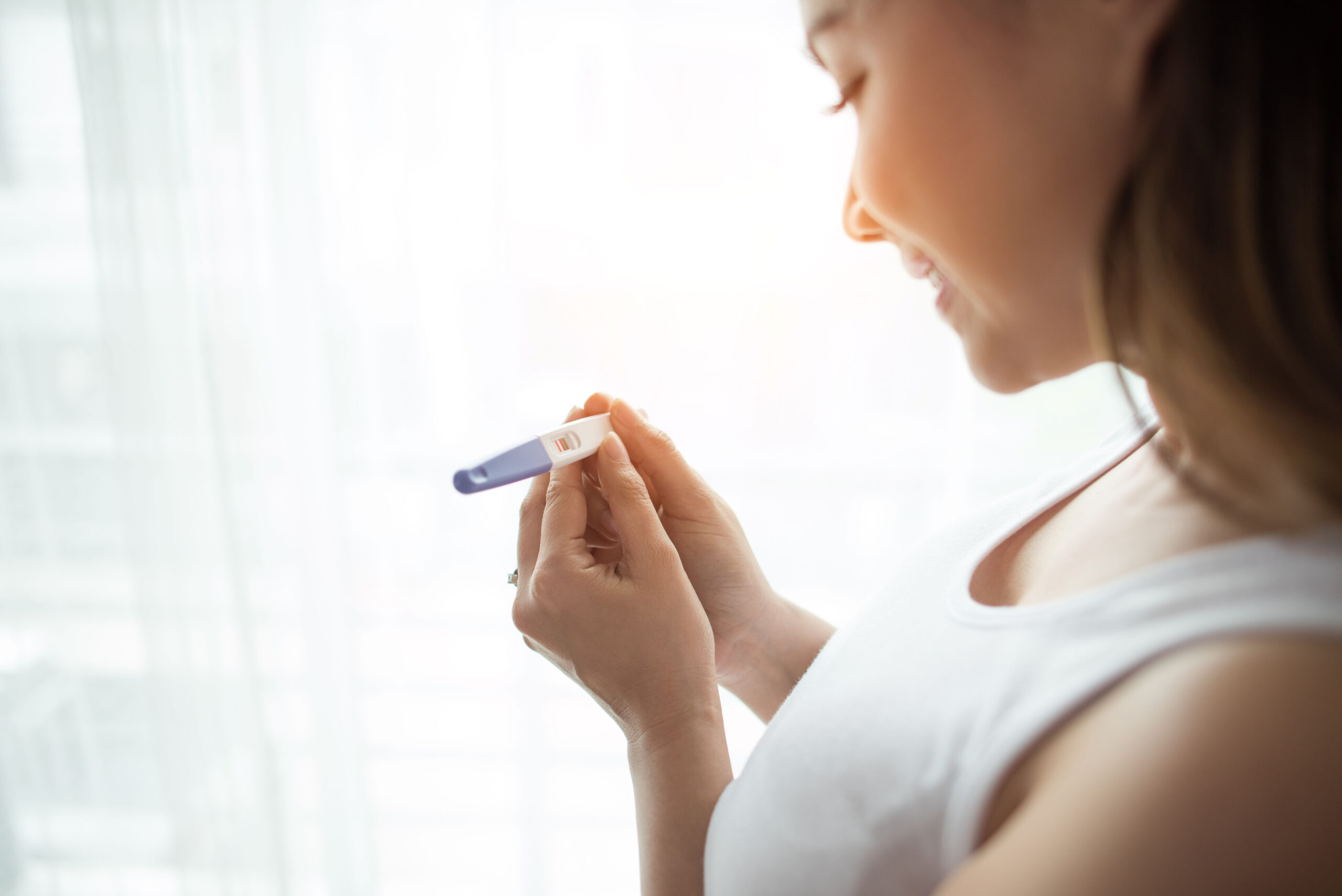7 signs of infertility in men
Even though everyone knows that it’s impossible to conceive a baby without the sperm from a man, many people believe that infertility is almost entirely due to the woman. But that’s simply not true. It’s important to realize when infertility stems from an issue with the man in a couple that’s trying to conceive so that the proper treatment options can be explored.
If a couple is trying to conceive, it’s important to take note of potential infertility signs in the male partner so that they can be proactive about testing and solutions. By catching these symptoms as early as possible, you can increase the chances of effective treatment.
Read on to learn about what it means for a male to be infertile, the signs of male infertility to be aware of and the steps to follow after they are noted. You’ll also learn about some options for treating male infertility and how to boost the possibility of conceiving.
What does it mean for a male to be infertile?
Let’s start off by taking a look at the basic definition of infertility. If an individual or couple is infertile, that means that they have been unable to conceive a baby after one year of having regular sex without a method of birth control. If the woman is over 35, a doctor might cut that time frame for an infertility diagnosis down to six months.
When a male is infertile, they are unable to fertilize a woman’s egg for conception. Male infertility is a common issue, with about 7% of men being affected and up to 50% of infertility cases being caused by “male factor” infertility.
Male infertility can stem from a variety of issues, including:
- Abnormal sperm function.
- Low sperm count.
- Inherited disorder.
- Hormonal imbalance.
- Diabetes.
- STDs.
7 signs of infertility in men
Now that you know about potential causes of male infertility, how can you tell if you have any of them? By being aware of infertility signs in men, a male can catch onto symptoms that may stem from an issue that’s causing infertility.
Here are seven signs of infertility in men:
- Trouble ejaculating.
- Small amount of ejaculation.
- Testicle pain.
- Having a lump or swelling in the testicle.
- Recurring respiratory infections.
- Gynecomastia (abnormal breast growth).
- Decreased facial or body hair.
What to do when you recognize signs of male infertility
If you’re experiencing signs of infertility, there are a few steps to take. It’s important that you talk to your doctor or specialists to determine the cause of your issue. By getting a proper diagnosis, you can find potential treatment options for the issue as well as options for increasing the chance of conception with your partner.
A diagnosis for male infertility issues may involve several steps, including:
- Semen analysis — The first course of action for men experiencing signs of infertility is to get a sperm count. Your samples will be analyzed for a variety of things, including how much semen and sperm is produced, the uniformity and the acidity level.
- Blood and imaging tests — There are a variety of tests that your health care provider may run to test for hormone issues or reproductive system problems. They may recommend a blood test to check hormone levels as well as an imaging test to look at the blood vessels, testicles, and structures in the scrotum.
- Testicular biopsy — If your sperm count shows little to no sperm, your provider may take a biopsy of the testicles to examine under a microscope. A biopsy involves removing a piece of tissue from each testicle.
3 treatment options for male infertility and conception
If male infertility is hindering your journey to conception, it’s important to explore every treatment option with a fertility specialist. They can determine which option will be the most effective based on the cause and your medical history.
While there are some options that help reduce the symptoms of male infertility, others will help a male with infertility conceive with their partner.
Here are three treatment options for male infertility:
- Surgery — There are a few surgical procedures that fix issues that contribute to male infertility. One option is a varicocelectomy, which can fix swollen veins that impact the mobility, structure and amount of sperm produced. There is also surgery available to fix a blockage that’s keeping the sperm from the semen.
- Intracytoplasmic sperm injection (ICSI) — Severe cases of male infertility may require intracytoplasmic sperm injection. This is a process that involves taking a single live sperm and injecting it directly into a mature egg. It can be an effective option for males that have little to no sperm in their semen.
- In vitro fertilization (IVF) — When other treatment options aren’t effective, a couple can explore the option in vitro fertilization, or IVF. This involves removing eggs to fertilize them with sperm in a lab. It requires multiple procedures and isn’t effective for every couple.
Fertility Cloud can help after recognizing signs of male infertility
Male infertility can make the road to conception difficult. But by catching the signs early and getting a proper diagnosis, a couple can explore the treatment options available and boost their chance of getting pregnant.
Contact our team by phone today for more information or book an initial appointment online with a fertility specialist.
While we work hard to bring you the most accurate and relevant information available on fertility, it’s important to remember that each person’s journey is unique. The guidance provided here is intended for general knowledge and may not directly apply to your situation. Fertility challenges should always be discussed with a licensed medical professional who can offer personalized advice tailored to your individual health history and needs.
Beyond medical treatments, there are many ways to support your fertility naturally. Reducing stress, maintaining a healthy diet, getting regular exercise, and ensuring adequate sleep can all play important roles in optimizing your fertility health. Simple changes such as managing stress through mindfulness, yoga, or meditation and prioritizing quality sleep can improve overall well-being and contribute to a more balanced approach to fertility. However, always consult a fertility specialist to get professional advice and recommendations suited to your personal circumstances. Your health and fertility are complex and unique, and professional guidance is essential to ensure you are on the right path for your body and your goals.




